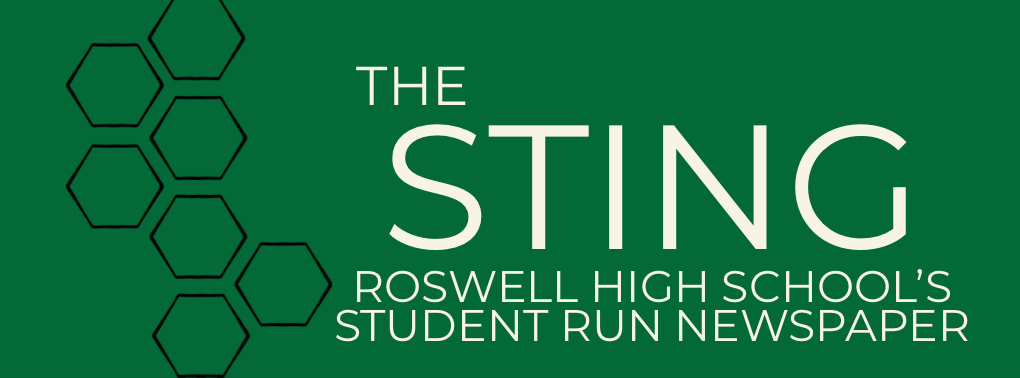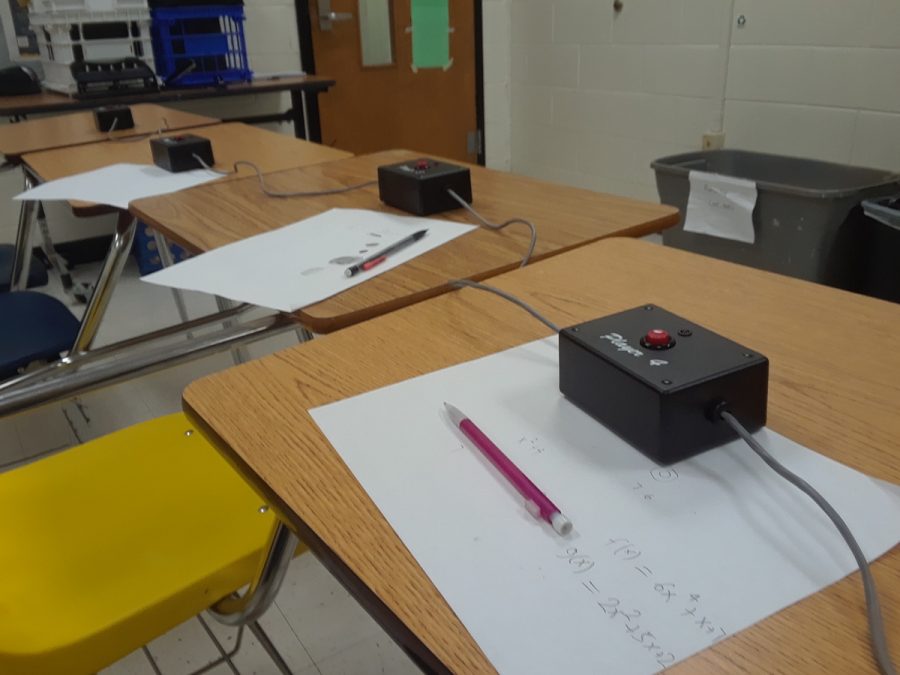An interview with Mr. Waldroup, sponsor of The Academic Bowl
October 21, 2019
Academic Bowl is a club that meets on Friday afternoons. Friday afternoon practices are filled with 2 hours of intense competition, training its members to think fast and have fun. Once a month, the team travels to tournaments, testing their wit against those of other teams.
Why should students join this club? Because it’s fun. It’s a chance to show off your knowledge and stuff that you know and hang out with like-minded nerds.
What is your favorite part of coaching this team? I like seeing the questions. It’s a chance to see what I know or don’t know. Most of the time I do know a lot of the questions, but sometimes I don’t. But a lot of the time, it’s a lot like watching Jeopardy, especially the competitive aspect. I also love seeing students learn stuff and learn stuff myself, nerding out to trivia (laughs).
How often do you have students read questions and join a side? Not super often. I have done it only once this year. As students reach their senior year and have a lot more knowledge and confidence it gets pretty competitive and they will play me.
What advice do you have for students who struggle to buzz in on time, or feel lost due to the difficulty of the questions? Especially for freshmen. For younger students, I think that’s just the nature of the beast. Because they don’t have as many classes under their belt, they don’t have as much of the material yet, so I would encourage them to keep coming to practice. These same topics are going to come back over and over. I’d also tell them to pick an area that they’re really interested in, like music, or literature. A lot of the questions also correlate with the material covered in class as well. So what you learn in classes like AP Chemistry or AP World History typically shows up in some way in the questions.
Over the last couple of years, you have had problems fielding a team. Why do you think this is? Over the last few years, our recruiting, especially of underclassmen, has just been minimal. This wasn’t always the case. I used to teach AP Human Geography, so I would advertise to freshmen classes and try to create some interest that way, but I don’t teach them anymore. Adding to the difficulty of recruitment is the seniors. We had a strong group of seniors, and when freshman would come, they would just be intimidated, because you had a bunch of seniors that knew a lot of stuff. So we didn’t have a retainment. This year we have a bunch of underclassmen, which I’m encouraged by, so hopefully in a few years, we can have a good group of guys who can stay with it for 3 or four years.
This team has a tournament on the 12th: How competitive do you think they can be in the meets? It’s difficult to say because we’ve only competed against each other, and as it’s the first tournament of the year, it’s hard to say how good the other teams are. I think we’ll be stronger at the end of the year, because the younger ones will have taken more classes and have had a chance to learn the must-know lists and memorized some important authors, for example. Thus far, there has been much improvement from the first practices.
How big does chemistry play in this environment, compared to other clubs like robotics, basketball, etc.? In the actual match, the impact can be felt more on bonuses, in that it makes it easier to know who to turn to for what types of bonuses. So if the bonus is for an astronomy question, knowing who is good at astronomy can increase your chance of getting those questions right. In practices, chemistry keeps students coming back to practice because the environment is more fun.


